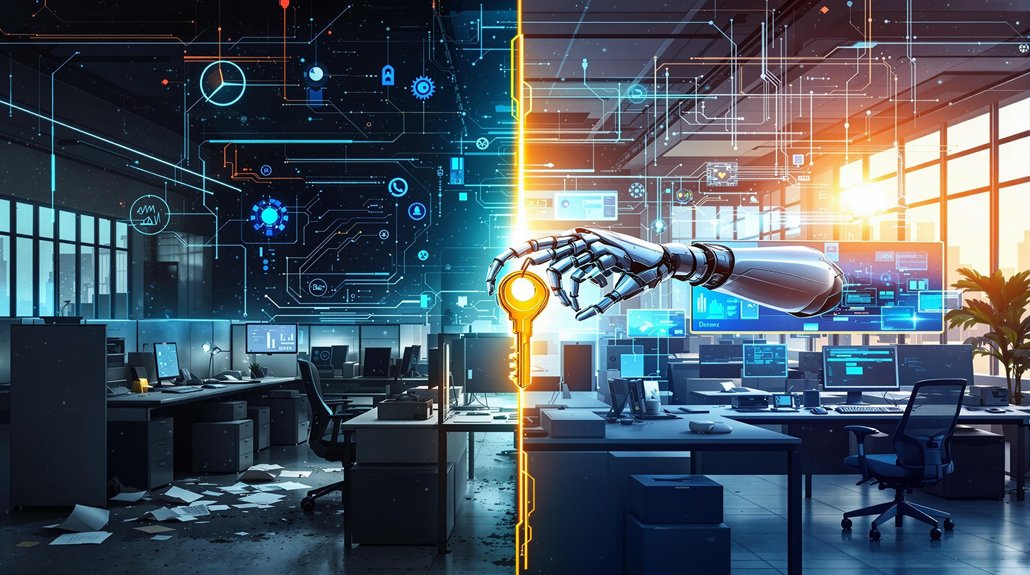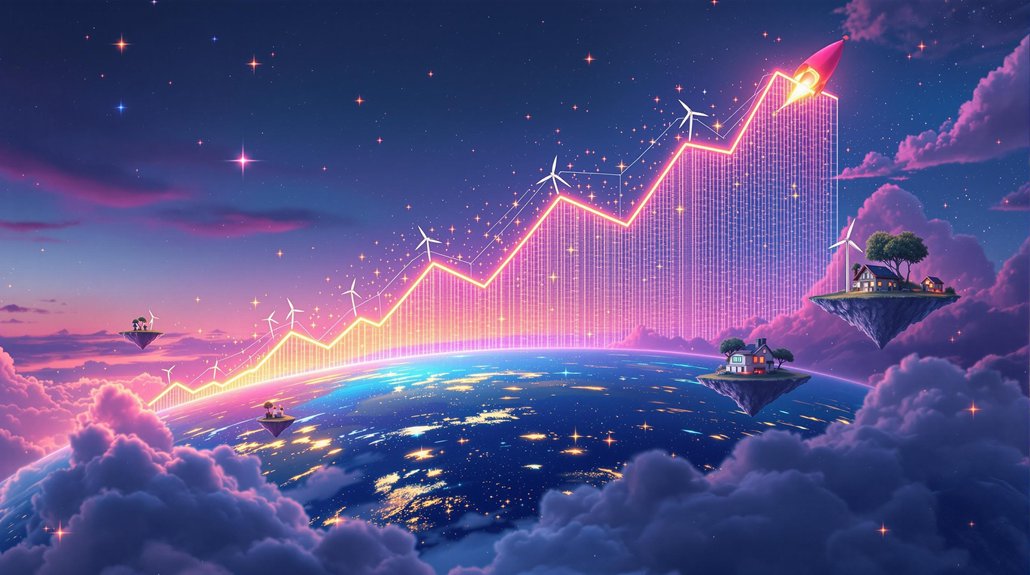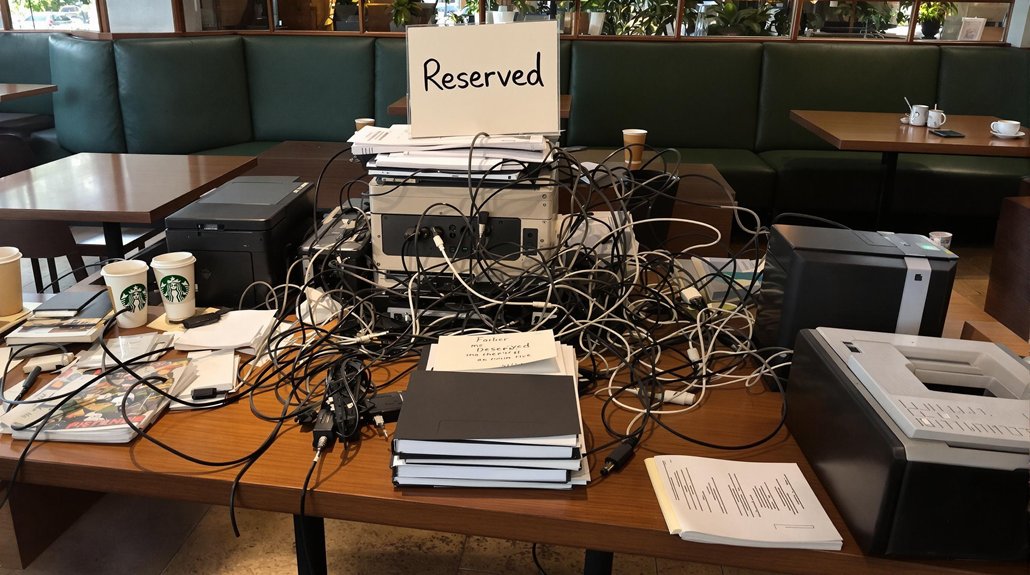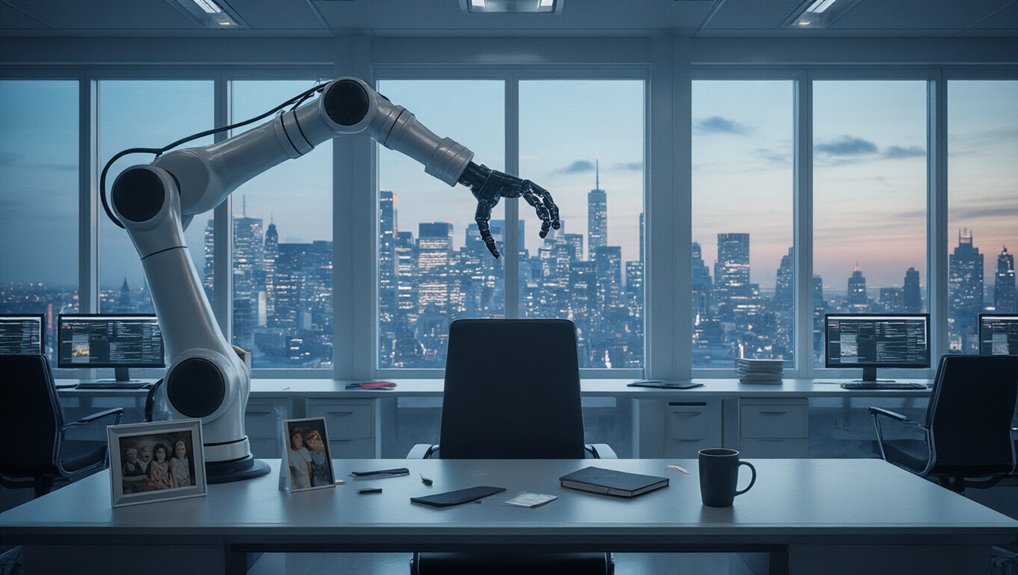Artificial intelligence is changing how people work across the globe. Some jobs are disappearing as machines take over routine tasks. Others are evolving, requiring new skills and adaptations. Recent studies show that while 85 million jobs may vanish by 2025, 97 million new positions could emerge. Workers now face an essential question: will they be replaced by technology, or will they learn to work alongside it? The answer isn’t simple.
How is artificial intelligence changing the way people work? Nearly half of U.S. companies are now using AI tools like ChatGPT, and 48% of these businesses have replaced some workers with AI. In May 2023 alone, AI directly caused 3,900 job losses, showing it’s a real force changing today’s workforce.
The impact isn’t spread evenly across all jobs. Manufacturing has lost 1.7 million jobs to robots and automation since 2000. Jobs like telemarketing, data entry, and assembly line work face the highest risk because machines can do these tasks completely. The COVID-19 pandemic sped things up, forcing 8.6 million workers to switch to new roles as industries changed.
It’s not all bad news. AI is creating brand new job types that didn’t exist before. Machine learning engineers and AI ethics experts are now in demand, similar to how e-commerce created new careers a decade ago. Fields requiring human creativity, problem-solving, and ethical judgment are growing. Many industries are augmenting human workforce rather than completely replacing workers, creating collaborative human-AI systems.
Healthcare and education are using AI to work more efficiently while keeping jobs stable. The numbers show that productivity is growing nearly five times faster in jobs that use AI compared to those that don’t. According to research, 54% of employees will require significant reskilling to remain competitive in the evolving job market. By 2030, experts predict AI will both eliminate and create jobs, with a positive balance in the long run as new opportunities emerge. According to Goldman Sachs, approximately 300 million jobs could be lost worldwide due to AI, representing 9.1% of global employment.
Workers with skills in critical thinking, emotional intelligence, and creativity have better job security since these abilities complement what AI can do. Experience with AI ethics, governance, and regulations is becoming important in many new roles.
The economic picture suggests that while AI will disrupt some careers, it’s also opening doors to new possibilities. Like the digital transformation of the 2000s, AI is creating entirely new economic opportunities. The job market is changing, with skilled labor demand growing even as routine work decreases.









